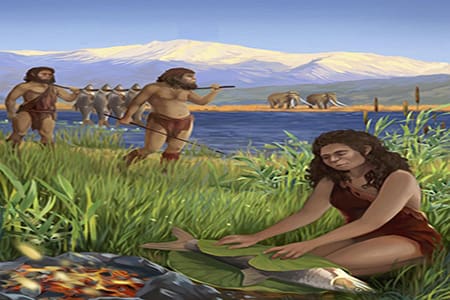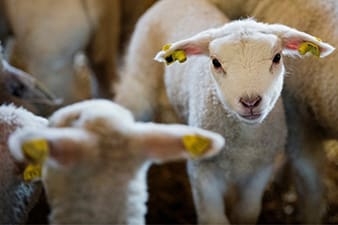Passer à l'action, c'est là que la prise de conscience se transforme en autonomisation. Cette catégorie sert de feuille de route pratique pour ceux qui souhaitent aligner leurs valeurs sur leurs actions et devenir des acteurs actifs de la construction d'un monde plus bienveillant et durable. Des changements de mode de vie au quotidien aux actions de plaidoyer à grande échelle, elle explore diverses voies vers un mode de vie éthique et une transformation systémique.
Abordant un large éventail de sujets – de l'alimentation durable et du consumérisme responsable à la réforme juridique, à l'éducation du public et à la mobilisation citoyenne – cette catégorie fournit les outils et les perspectives nécessaires à une participation significative au mouvement végan. Que vous exploriez les régimes végétaliens, appreniez à démêler les mythes et les idées reçues, ou cherchiez des conseils sur l'engagement politique et la réforme des politiques, chaque sous-catégorie offre des connaissances pratiques adaptées aux différentes étapes de la transition et de l'engagement.
Plus qu'un appel au changement personnel, Passer à l'action met en lumière le pouvoir de l'organisation communautaire, du plaidoyer civique et de la voix collective pour façonner un monde plus solidaire et plus équitable. Elle souligne que le changement est non seulement possible, mais qu'il est déjà en cours. Que vous soyez un nouveau venu à la recherche de mesures simples ou un défenseur expérimenté qui milite pour une réforme, Take Action fournit les ressources, les histoires et les outils pour inspirer un impact significatif, prouvant que chaque choix compte et qu'ensemble, nous pouvons créer un monde plus juste et plus compatissant.
Le véganisme, traditionnellement lié à l'alimentation éthique et aux droits des animaux, est de plus en plus reconnu comme un catalyseur de la justice sociale, rejetant la lutte pour le bien-être animal avec des luttes plus larges contre les inégalités. En s'attaquant aux problèmes systémiques tels que le racisme, le classique, les disparités entre les sexes et la dégradation de l'environnement - toutes profondément enracinées dans le système alimentaire mondial - le ventre offre une voie pour défier l'oppression sur plusieurs fronts. Ce mouvement croissant met également en évidence l'importance de l'inclusivité et de l'accessibilité au sein de sa propre communauté, garantissant que la vie à base de plantes devient viable pour tous, y compris les groupes marginalisés. Dans cet article, nous examinons comment le véganisme se croit avec la justice sociale en s'attaquant aux inégalités perpétuées par l'agriculture animale tout en favorisant la durabilité et l'équité. De l'amplification de diverses voix à la rupture des barrières dans les zones mal desservies, nous explorons comment le plaidoyer végétalien peut inspirer un changement significatif pour les humains et les animaux non humains


























































